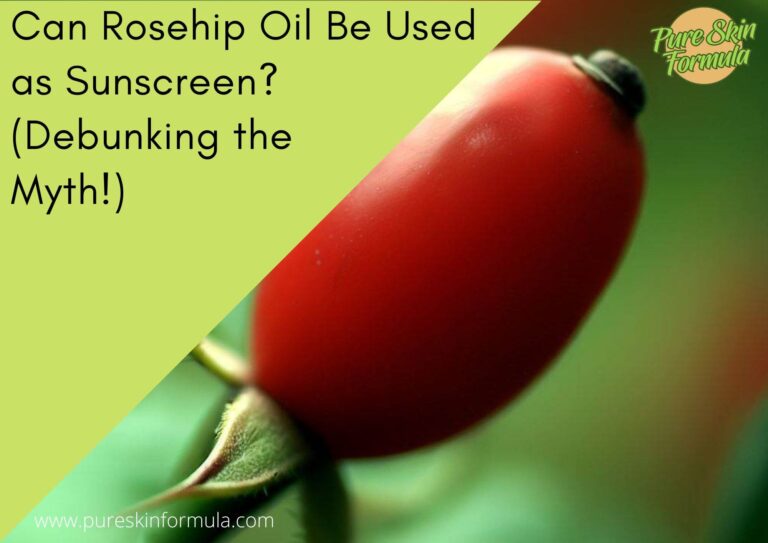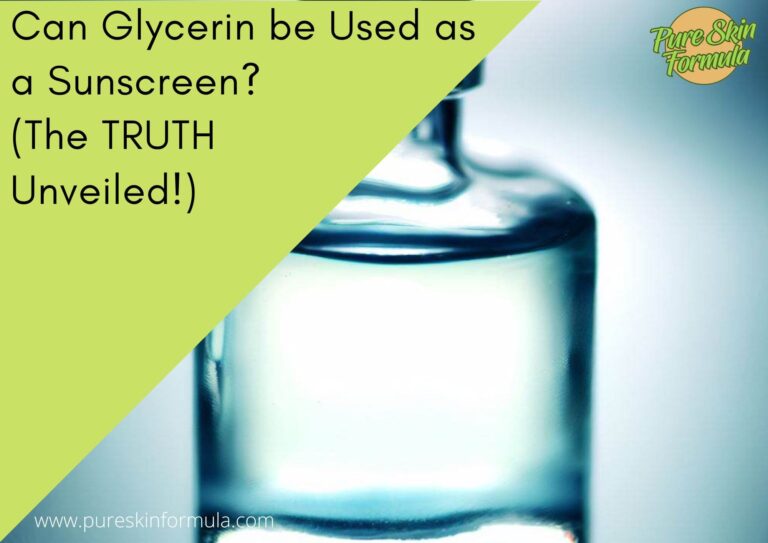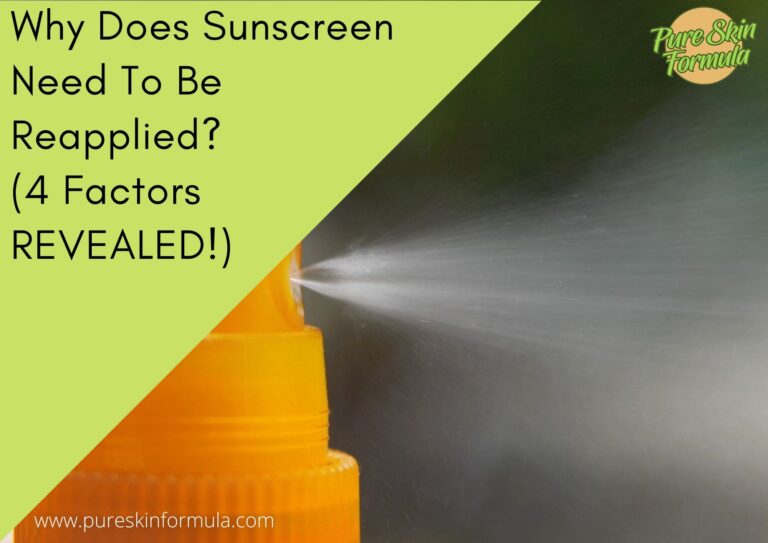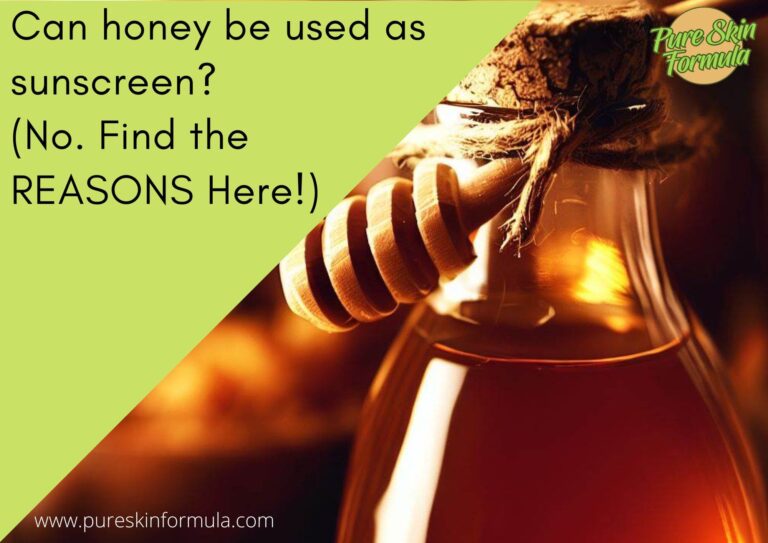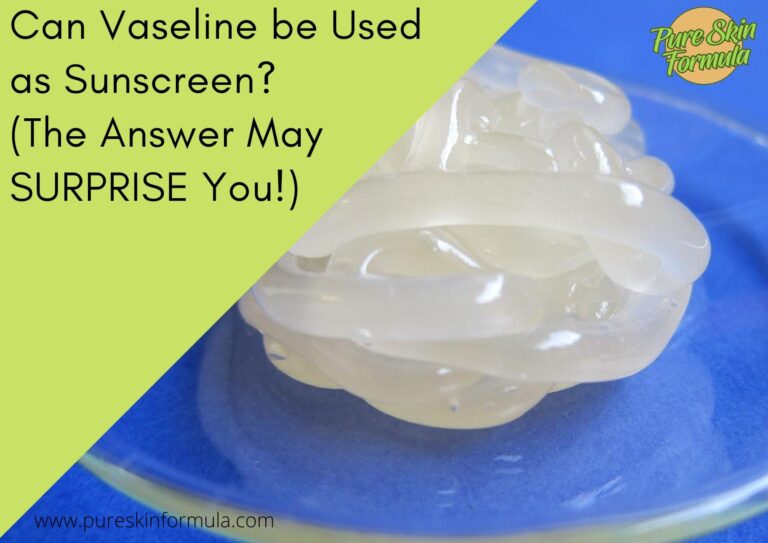Are you in a rush to protect your skin from the scorching sun but wonder if you can skip the face-washing ritual and directly slather on sunscreen? This question has sparked debates among skincare enthusiasts, leaving many pondering the potential consequences.
In this article, we’ll delve into the science behind this dilemma and whether it’s a skincare shortcut worth taking or a step that should be noticed. Get ready to discover the truth about applying sunscreen without washing your face and better understand its impact on your skin’s health.
So, grab a seat and dive into the fascinating world of skincare secrets!
Can you put sunscreen on without washing your face?
You can put sunscreen on without washing your face, but cleaning your face before applying sunscreen is recommended for optimal skincare benefits.
Washing your face removes dirt, oil, and impurities, allowing the sunscreen to adhere better to your skin and provide maximum protection against the sun’s harmful rays. It also helps prevent clogged pores, breakouts, and uneven application.
There may be situations where washing your face is challenging, such as limited access to water or time constraints. In such cases, you can consider alternatives like micellar water, cleansing wipes, or a lightweight facial mist to freshen up your face before applying sunscreen.
Remember to blot any excess oil with a tissue, choose non-comedogenic sunscreens, and apply it with clean hands or tools.
While skipping cleansing is not ideal, you can compensate by thoroughly cleansing your face in the evening, following a double cleansing method, and incorporating gentle exfoliation and hydration into your post-sunscreen routine.
It’s essential to strike a balance between convenience and skincare needs. Prioritize sun protection, but whenever possible, cleanse your face before applying sunscreen to maintain healthy, radiant skin.
Let’s explore this topic in detail.
Why should you wash your face?
When you go about your day, your skin is exposed to various environmental pollutants, dust, and grime that can accumulate on its surface. Washing your face helps eliminate these unwanted substances, allowing your skin to breathe freely and reducing the risk of clogged pores. It’s like giving your skin a fresh start!

Did you know that applying sunscreen on a dirty or oily face may compromise effectiveness? By washing your face beforehand, you create a clean canvas for the sunscreen to adhere to, ensuring better coverage and absorption.
When sunscreen is applied on a clean face, it can form a protective barrier against harmful UV rays, reducing the risk of sunburn and skin damage.
Washing your face is an essential step in your skincare regimen, as it sets the stage for the products you apply afterward. Removing impurities and excess oil enables subsequent skincare products, such as serums and moisturizers, to penetrate your skin more effectively.
Your skin can benefit from their active ingredients and hydration more efficiently, leading to a healthier complexion.
What are the potential drawbacks of not washing your face?
The layers of dead skin cells and excess oil can prevent sunscreen from being absorbed properly. As a result, you may receive fewer sun protection benefits than you expect, making your efforts to shield your skin from the sun less effective.
Leaving dirt and oil on your face can lead to clogged pores, a breeding ground for acne-causing bacteria. When your pores are congested, they become more prone to inflammation and breakouts.
When sunscreen encounters excess oil or residue, it may not spread evenly, leading to patches of unprotected skin. Any dirt or debris left on your face can also mix with the sunscreen, creating a less-than-desirable appearance.
Any lingering products from the previous day, such as moisturizers, serums, or makeup, can mix with the sunscreen you’re applying. This can alter the effectiveness of the sunscreen and other skincare products.
Can washing your face be challenging?
Imagine being on a long outdoor hike or camping adventure with scarce water availability. In such situations, washing your face conventionally may not be feasible. There are alternatives you can consider. Pack some facial cleansing wipes or micellar water in your bag.
These handy products can effectively remove dirt and oil from your face without requiring water. Swipe a wipe or dampen a cotton pad with micellar water and gently cleanse your face. It’s a convenient solution for keeping your skin fresh even when water is hard to come by.
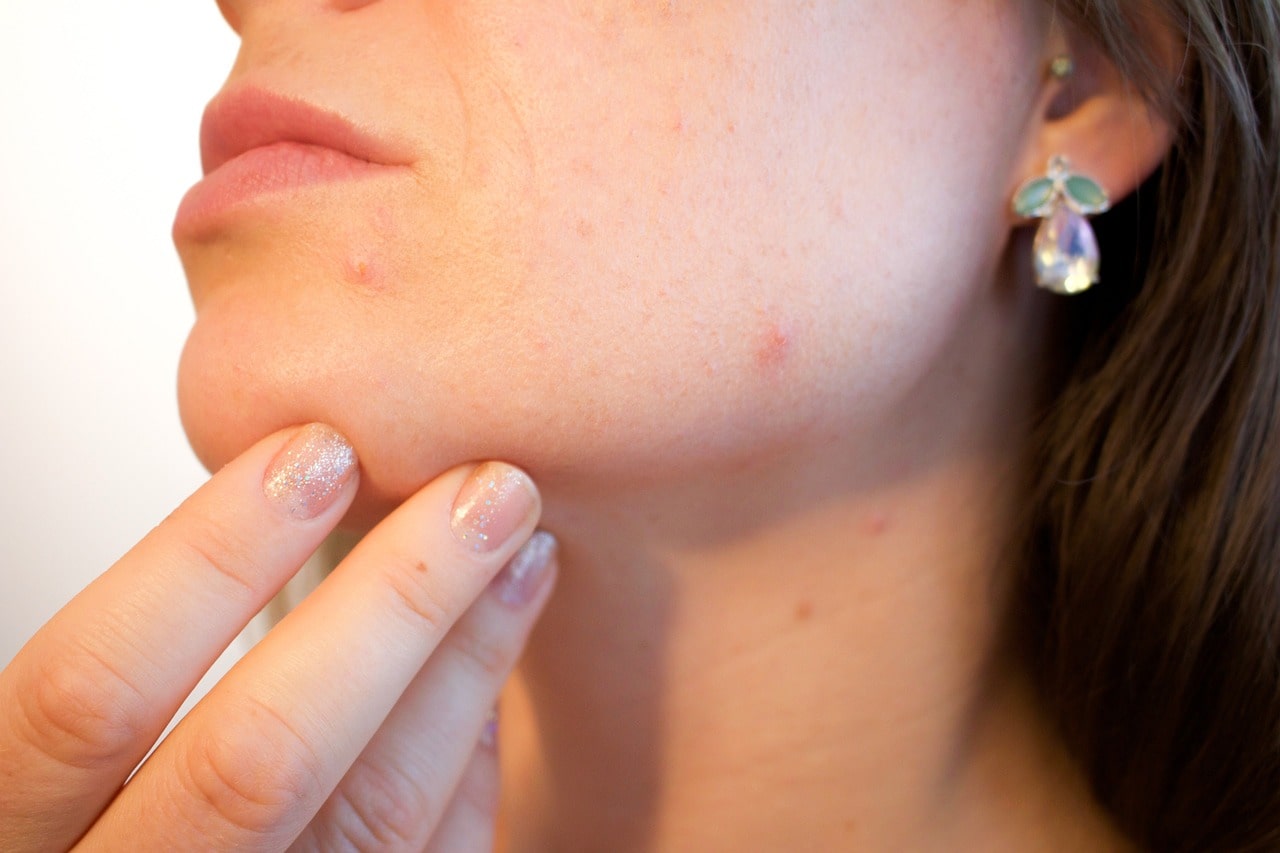
If you have sensitive or dry skin, frequent washing can cause irritation or exacerbate dryness. In this case, it’s crucial to prioritize the health of your skin while still ensuring sun protection.
Look for gentle, hydrating cleansers specifically formulated for sensitive or dry skin types.
They will help cleanse your face without stripping away essential moisture. Consider using a lightweight facial mist containing soothing and hydrating ingredients.
Spritz the mist onto your face and gently pat it to refresh your skin before applying sunscreen.
Mornings can be rushed, leaving little time for a comprehensive skincare routine. If you’re pressed for time, skipping face washing altogether is the solution. However, it’s still possible to maintain good skin care practices even in a time crunch. Opt for a quick splash and pat method.
Splash your face with water. Then pat dry gently with a clean towel or tissue. This swift yet effective approach can remove some surface impurities, allowing sunscreen to adhere better.
Consider using a multitasking product like a cleanser with built-in moisturizing properties to save time while achieving a clean and hydrated canvas for your sunscreen.
Tips for applying sunscreen without washing your face
Remove excess oil with clean tissue if you’re dealing with oily or shiny skin. Press the tissue onto your face, focusing on areas prone to oiliness, like the forehead, nose, and chin. This helps remove surface oil, allowing the sunscreen to adhere better to your skin and ensuring a smoother application.
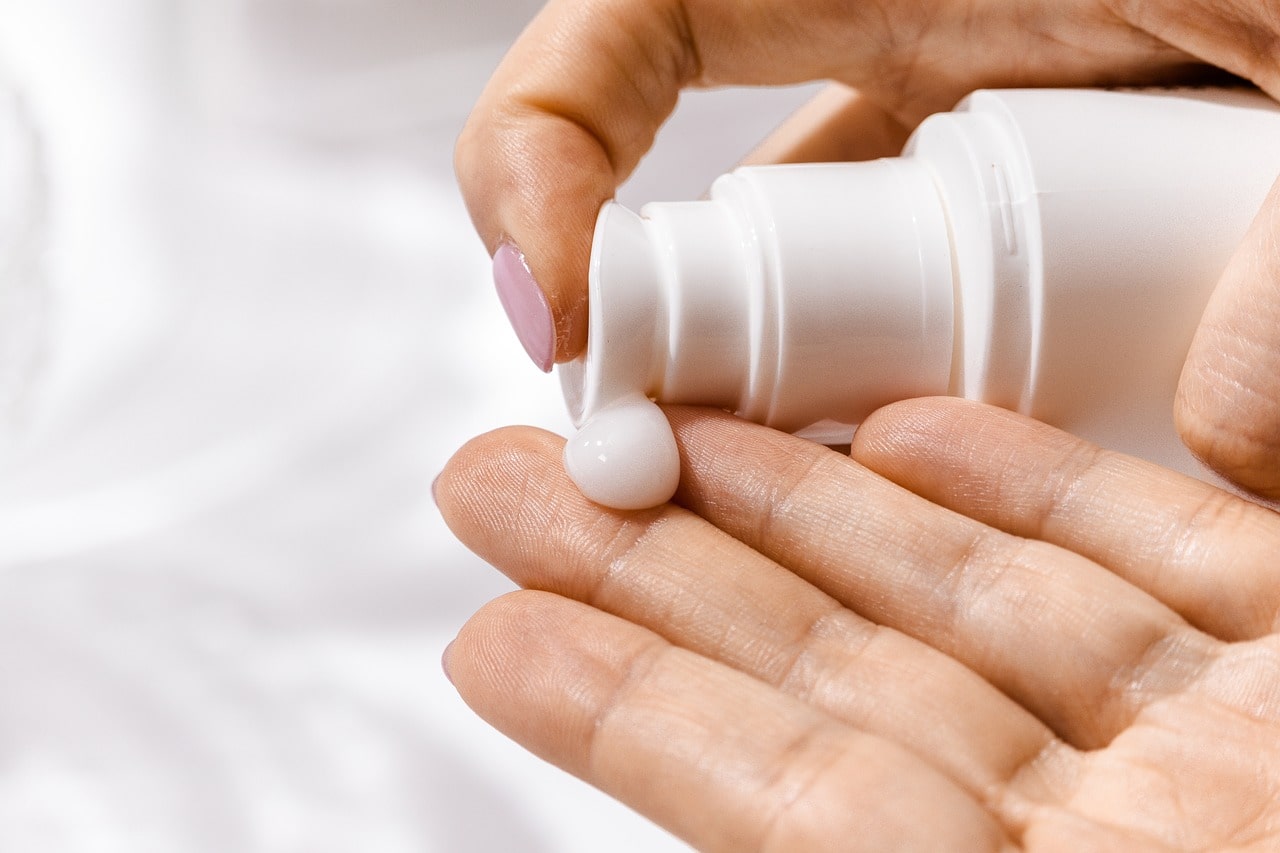
To prevent clogged pores and potential breakouts, opt for non-comedogenic sunscreens. These products are specifically formulated to minimize the risk of pore blockage and are less likely to cause acne or skin irritation.
Look for labels or product descriptions that mention “non-comedogenic” or “won’t clog pores” to ensure you choose a sunscreen suitable for your skin.
Cleanliness is vital when applying sunscreen without washing your face. Ensure your hands or any tools you use, such as brushes or beauty sponges, are clean before touching the sunscreen.
Bacteria or residue from previous applications can compromise the cleanliness of your sunscreen. Avoid excessive rubbing or tugging, which can cause unnecessary irritation or redness.
Post-sunscreen care
In the evening, make it a priority to cleanse your face thoroughly to remove the sunscreen and any impurities that may have accumulated throughout the day.
Consider incorporating double cleansing into your evening routine to ensure a thorough cleanse. Start with an oil-based cleanser or cleansing balm to dissolve and lift off the sunscreen and any other oil-based impurities.
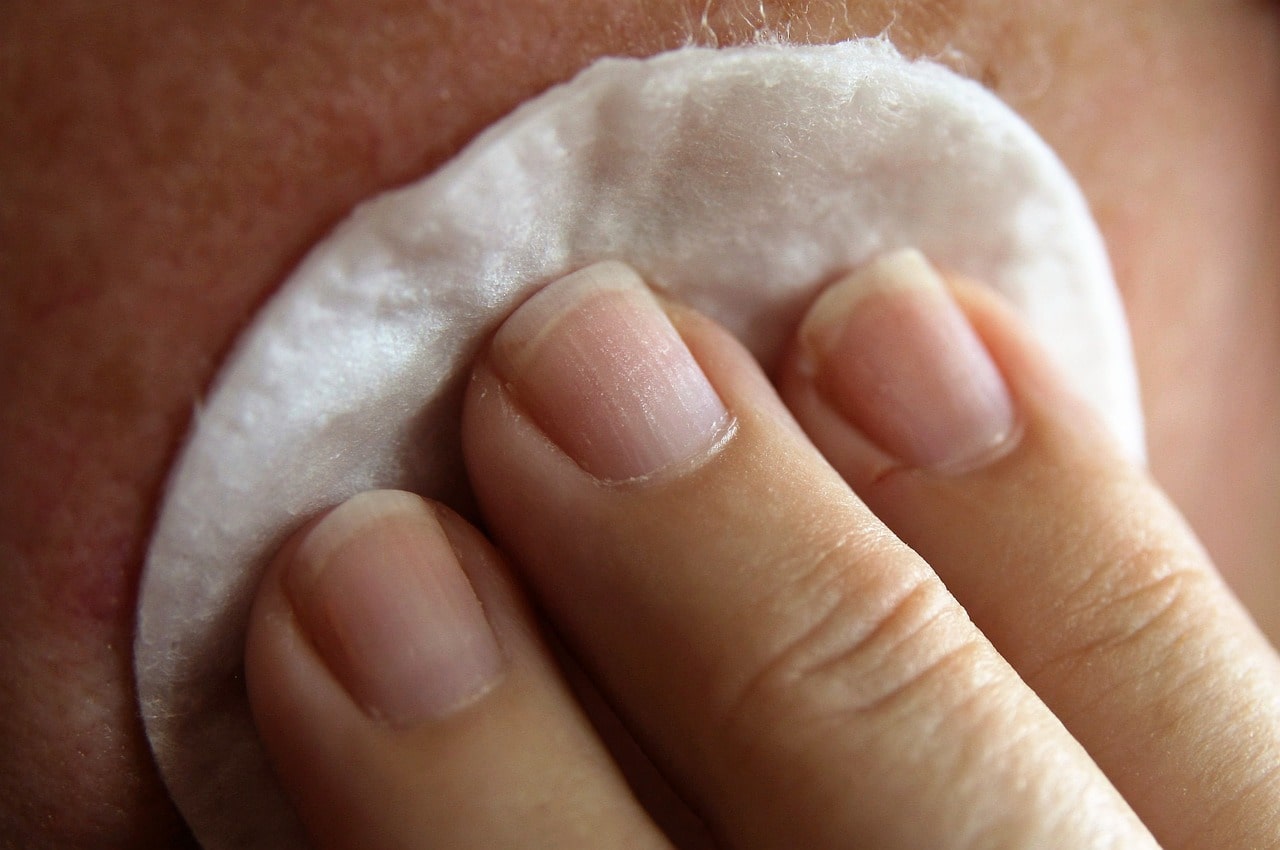
Massage the cleanser onto your dry face, then rinse with lukewarm water. Follow up with a water-based cleanser to remove any remaining residue, sweat, or dirt.
This two-step process helps ensure a deep cleanse without over-drying your skin.
Exfoliating your skin a few times a week can help remove dead skin cells and unclog pores, promoting a fresh and radiant complexion.
Opt for gentle exfoliators like chemical exfoliants (e.g., AHAs or BHAs) or enzymatic exfoliants that work without physical scrubbing.
These can help maintain a smooth texture while promoting cell turnover. After exfoliation, focus on hydrating your skin with a lightweight moisturizer or a hydrating serum to replenish lost moisture and maintain skin hydration.
Final thoughts
While putting sunscreen on without washing your face may seem tempting for its time-saving convenience, consider the potential drawbacks and prioritize the long-term health of your skin.
Washing your face before applying sunscreen offers several benefits, including removing dirt, oil, and impurities, ensuring better sunscreen adherence, and enhancing your skincare routine’s overall effectiveness.
You can create a clean canvas for sunscreen application and optimize its absorption by taking a few extra minutes to cleanse your face properly. Remember, skincare is a journey that requires a holistic approach, and maintaining a consistent and thorough routine will yield the best results in the quest for healthy and protected skin.
So, embrace the power of a clean face before applying sunscreen and let your skin radiate with the glow of well-cared-for beauty.
Thank you for reading!
Valeria


